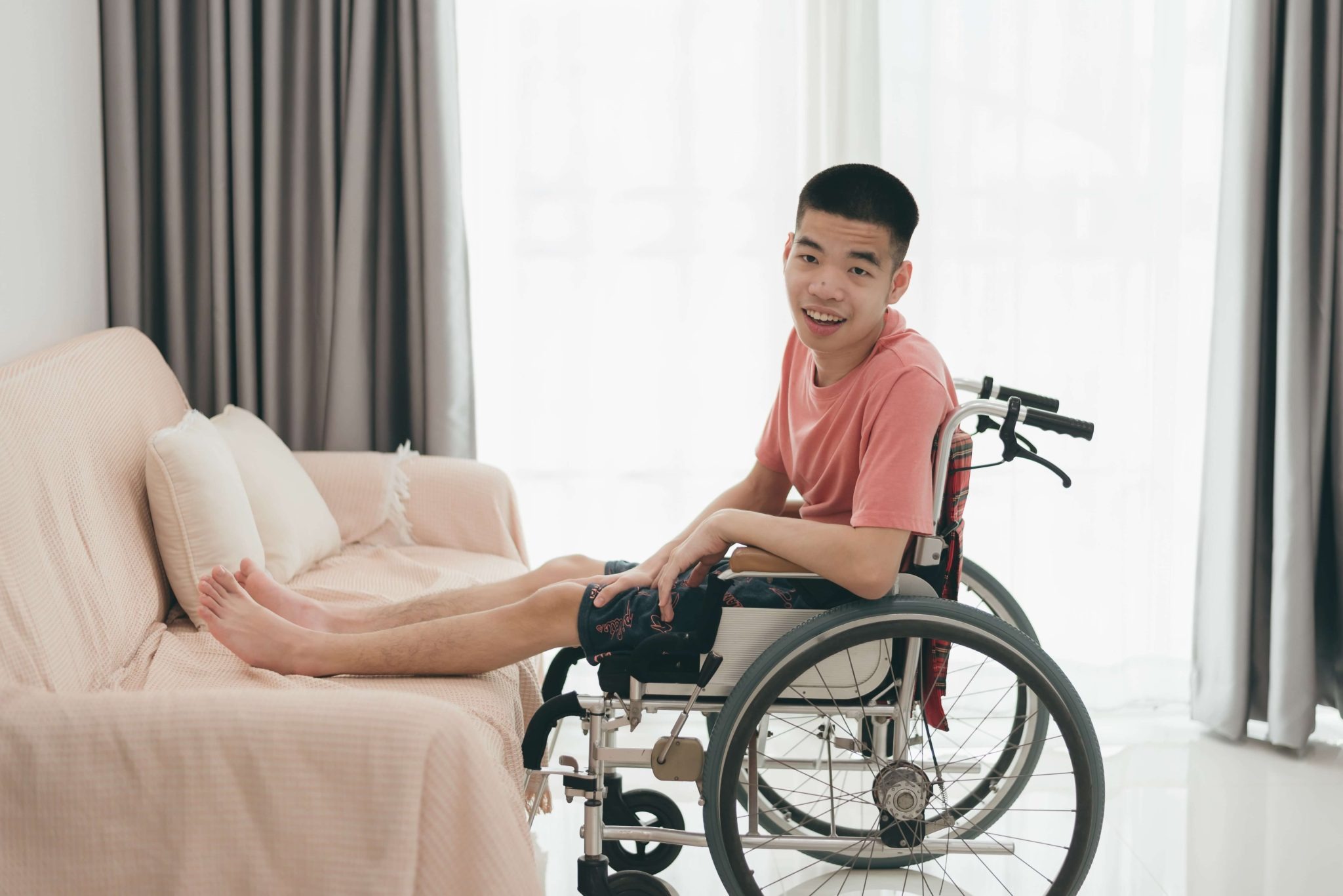Introduction to Cerebral Palsy
Cerebral palsy is a neurological condition that affects muscle tone, movement, and motor skills. It usually appears in early childhood and often results from brain damage occurring before or during birth. The condition can vary from mild to severe, and while it is not progressive, its symptoms can change over time. Due to its lifelong nature, individuals living with cerebral palsy often require ongoing care, therapy, and support. That is where cerebral palsy care support plays a critical role in enhancing the quality of life.
What Cerebral Palsy Care Support Involves
Cerebral palsy care support includes a wide range of services tailored to meet the unique needs of individuals. It may involve physical therapy, occupational therapy, speech therapy, personal care assistance, and more. The support is not only focused on the person with cerebral palsy but also extends to their families and caregivers. Emotional and psychological support is just as important as physical care. Professional teams often work together to deliver consistent care, adapting their approaches as needs change over time.
Personalised Care Makes a Difference
Each individual with cerebral palsy experiences different challenges. Some may struggle with walking, while others might face difficulties with communication. Cerebral palsy care support must be personalised, reflecting the person’s age, severity of symptoms, goals, and environment. Early intervention and individualised plans can significantly improve development and independence. A good support system recognises these individual factors and works accordingly to create a safe and supportive environment.
Importance of Trained Professionals
Professionals involved in cerebral palsy care support include physiotherapists, speech pathologists, occupational therapists, nurses, and personal support workers. Their role is to offer expert assistance in mobility, daily tasks, feeding, communication, and more. Training and experience allow them to approach challenges effectively and safely. Regular assessments by healthcare professionals also help in modifying care plans when needed, ensuring the best outcomes for individuals.
Family and Community Role
Families play a foundational role in supporting a child or adult with cerebral palsy. However, continuous caregiving can become emotionally and physically demanding. Cerebral palsy care support offers much-needed relief through respite services, community programs, and peer support groups. These resources help families recharge while knowing their loved ones are in safe hands. Community involvement, such as inclusive schools and local health organisations, also creates a more supportive environment for everyone.
Therapy as a Key Component
Therapy forms the backbone of cerebral palsy care support. Physiotherapy improves strength and coordination, reducing the impact of spasticity. Occupational therapy focuses on fine motor skills and helps with tasks like dressing or using utensils. Speech therapy is crucial for those with communication challenges, often using tools and devices to assist. These therapies, when provided regularly, can lead to greater independence and confidence in daily life.
Assistive Technology and Equipment
Today, assistive technology plays a major role in enhancing cerebral palsy care support. Devices such as mobility aids, communication boards, wheelchairs, and specialised software make everyday tasks easier. These tools promote self-reliance and enable participation in education and social life. Selecting the right equipment depends on the individual’s specific needs, and proper training ensures the tools are used to their full potential.
In-Home and Community Support Services
Many people with cerebral palsy prefer staying in their own homes, surrounded by familiar surroundings. In such cases, cerebral palsy care support services can be delivered directly to their homes. This includes help with bathing, feeding, medication, and transportation. Community-based support also allows individuals to attend events, workshops, or therapy sessions, helping them feel more engaged and connected.
Supporting Independence Through Skill Development
Encouraging independence is a key goal in cerebral palsy care support. Skill development, whether in school-age children or adults, helps individuals learn essential life skills. These include cooking, using public transport, managing finances, or seeking employment. The right guidance and encouragement can help people build confidence and contribute to society meaningfully. Programs designed for independent living provide structured paths to achieve these outcomes.
Addressing Emotional and Mental Wellbeing
Living with cerebral palsy can bring emotional challenges. Feelings of isolation, anxiety, or frustration are common. Cerebral palsy care support addresses this by including counselling and psychological support as part of the care plan. Emotional health is as important as physical health. Connecting individuals with others who share similar experiences can reduce feelings of loneliness and build a strong support network.
Transitioning into Adulthood
As children with cerebral palsy grow older, their care needs evolve. Transitioning into adulthood requires a different approach. Cerebral palsy care support during this stage includes vocational training, further education, housing support, and employment services. It’s essential to have a well-planned transition strategy in place that maintains continuity in care. This stage is crucial for fostering independence and building a fulfilling adult life.
Challenges in Accessing Support
Despite the importance of cerebral palsy care support, many families face challenges in accessing adequate resources. These may include financial limitations, lack of services in rural areas, or long waiting lists. Governments and organisations continue working to expand access and improve service delivery. Financial assistance programs and support plans are available in many regions to ease the burden on families.
Importance of Advocacy
Advocacy plays a huge role in improving cerebral palsy care support. Families, caregivers, and support organisations often advocate for better policies, funding, and awareness. This helps bring attention to the needs of the cerebral palsy community and ensures their voices are heard. Creating an inclusive society requires collective efforts at every level—individual, community, and government.
Quality Care Builds Confidence
The quality of care provided can deeply influence a person’s outlook on life. Consistent, empathetic, and professional cerebral palsy care support empowers individuals to achieve their potential. It’s not just about medical or physical assistance; it’s about creating a life of dignity, hope, and possibility. Investing in quality care benefits everyone involved and strengthens the foundation of inclusive living.
The Role of Organisations
Dedicated organisations provide valuable cerebral palsy care support through structured programs and professional services. They play a vital role in connecting families with resources, offering specialised services, and training support workers. Their work creates a bridge between individuals with cerebral palsy and the broader healthcare and community system.
Keeping Up with Evolving Needs
Cerebral palsy is a lifelong condition, and care needs can change over time. Periodic reassessments ensure that the cerebral palsy care support remains relevant and effective. This adaptability is vital for long-term well-being. Whether it’s updating a therapy plan or introducing new technology, ongoing improvements keep the support system strong.
Conclusion
Cerebral palsy care support is more than just a service—it’s a pathway to a better life. It brings together medical professionals, caregivers, families, and community resources to provide holistic, compassionate assistance. With personalised plans, emotional support, and access to the right tools, individuals living with cerebral palsy can thrive and achieve their goals. Investing time, care, and attention in their support system builds a society that values inclusion and dignity for all. for blog visit our site propernewstime.



